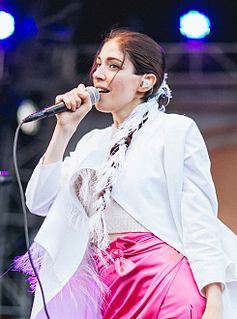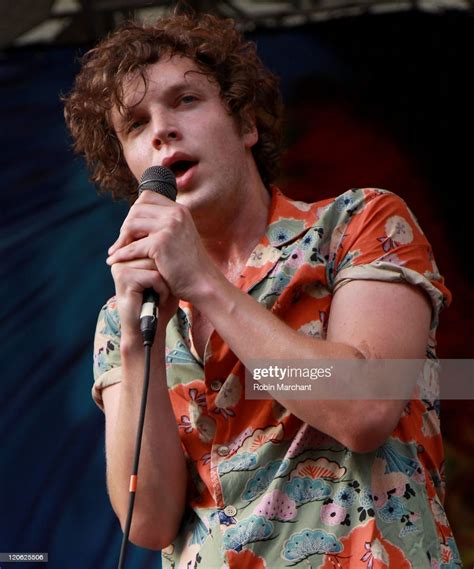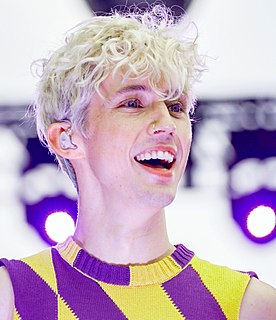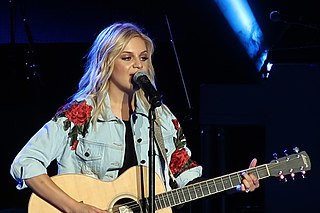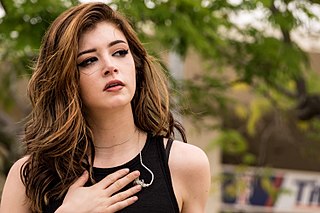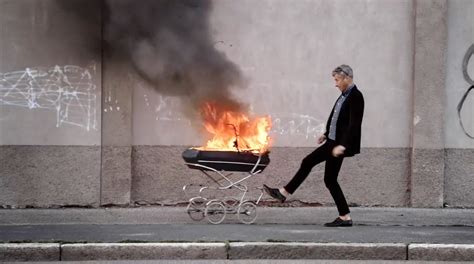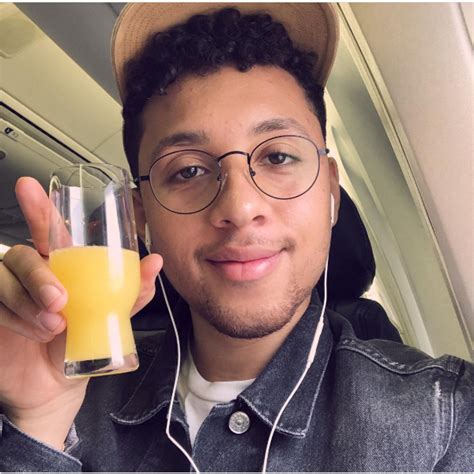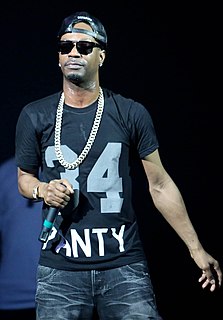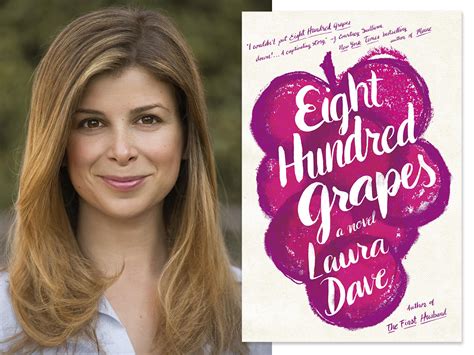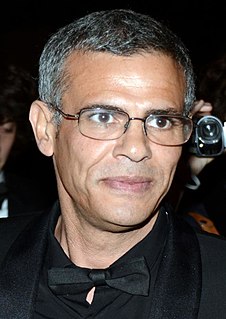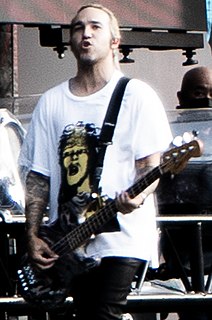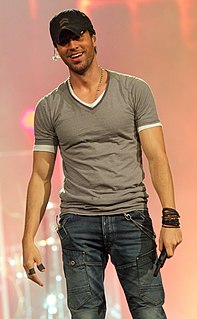A Quote by Caroline Polachek
I think that's a big trope in pop music: the blaze-of-glory breakup. It's not one that I particularly identify with, but it's definitely possible.
Related Quotes
Saying you're a pop group isn't saying very much. Personally, when I think of pop, I think of instant, accessible, catchy songs - I definitely identify our music as that. I think that by writing pop, or instant, accessible or hopefully catchy music, it shoes you into bigger audiences because it seems that more people like that music. I think the possibilities are endless if you stick to a simplistic short song; the music can be as wild and bizarre as you want it to be, as long as at the core of it, there's something really strong.
That's the thing: pop music has sometimes had a bad reputation for being about a lot of other stuff than the music. And I am just a lover of pop music. I love pop. I love big choruses. Dramatic choruses - they're the best thing in the world. And I do this because I love making music and performing the songs.
[ Blue is the Warmest Color ] was really a film about two people having to go through a relationship which everyone knew would lead to a breakup and the pain that that entails. Anybody can see that story, what leads to that, and identify with it. As a filmmaker, I wanted to construct this identification process with the characters so that you fully connect to their emotions and what their breakup [represents].
